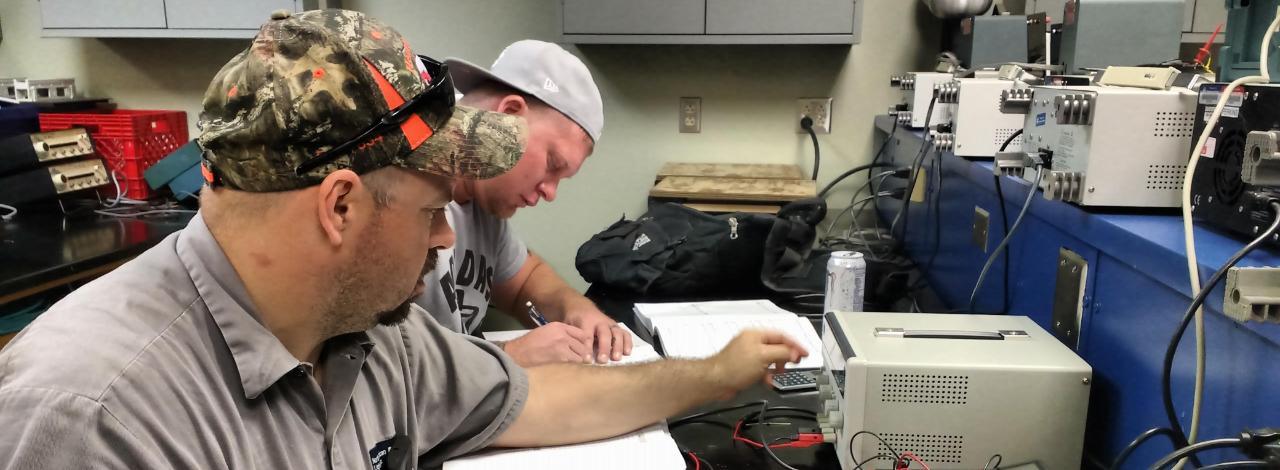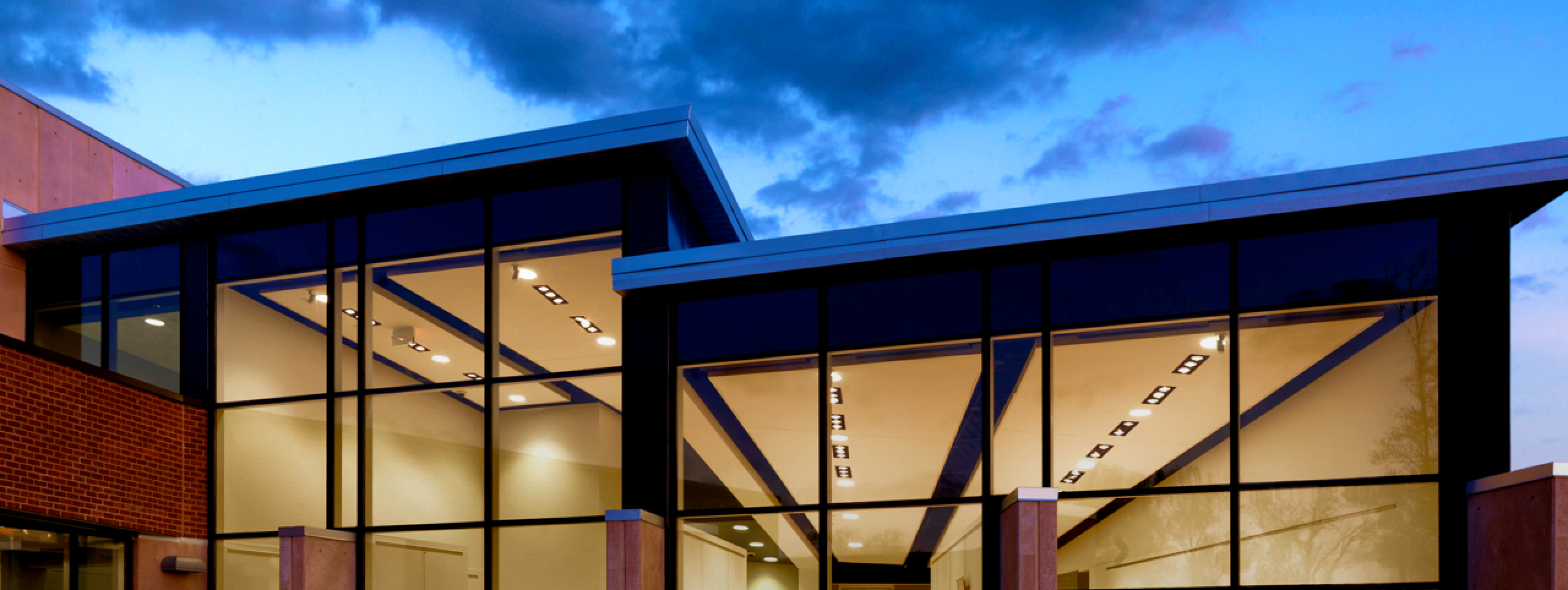Industrial Technology
Associate in Applied Science
Modes of Instruction
Click here to learn more about the modes of instruction offered at Kaskaskia College.
Today’s highly technical industrial workplace is a competitive environment that recognizes employees with highly specialized skills. Kaskaskia College's Industrial Technology Program combines practical experience with the technical knowledge you need to not only get that good paying job, but also to advance in the workplace. The Industrial Technology Degree focuses on three important areas:
- Electronic and Process Control
- Hydraulics and Pneumatics
- Welding
Our courses help you build a strong foundation in the field and prepare you as a technician who is well-rounded and ready for the multitude of tasks found in today's job place with courses covering electronics, industrial wiring and troubleshooting, motors and drives, programmable logic controllers (PLC), hydraulics and pneumatics, welding, and other skills required by future employers. KC's instructors have extensive experience, so what you’re learning in the classroom reflects skills that are needed in the industry.
Students can also continue their education after receiving their Associate in Applied Science degree by entering a Bachelor of Science “capstone” degree program at SIU-Carbondale such as Industrial Management and Applied Engineering or Electrical Engineering Technology.
What You Can Do
Upon successfully completion of this degree, students will have skills to work in the following fields:
- Maintenance technicians
- Engineering technicians
- Installers
- Industrial sales and service
Program Details
INDT_0530_DEGR
Program Student Learning Outcomes
- Demonstrate the basic skills necessary for troubleshooting and repairing of electronic systems. This includes the troubleshooting and testing of components used in electronic systems.
- Demonstrate their knowledge of the principles of fluid power. Study, build, and troubleshoot basic pneumatic and hydraulic circuits. Demonstrate basic fluid power laws using hands-on learning opportunities.
- Operate and program process control devices utilized in industry. Program and wire these systems to perform various process tasks such as starting and stopping of actuators, timing and part counting sequences, and process monitoring.
- Demonstrate industrial wiring techniques in order to actuate motors and other devices. Wire components and enclosures to meet industry standards including safety requirements.
- Demonstrate the knowledge of safety standards and processes utilized in industry.
Students completing this degree must also complete curriculum requirements aligned with General Education Student Learning Outcomes.
Industrial Technology Faculty

Lyle Gross
Associate Professor Industrial Technology/WiringContact Us
Lyle Gross
Associate Professor Industrial Technology/Wiring

